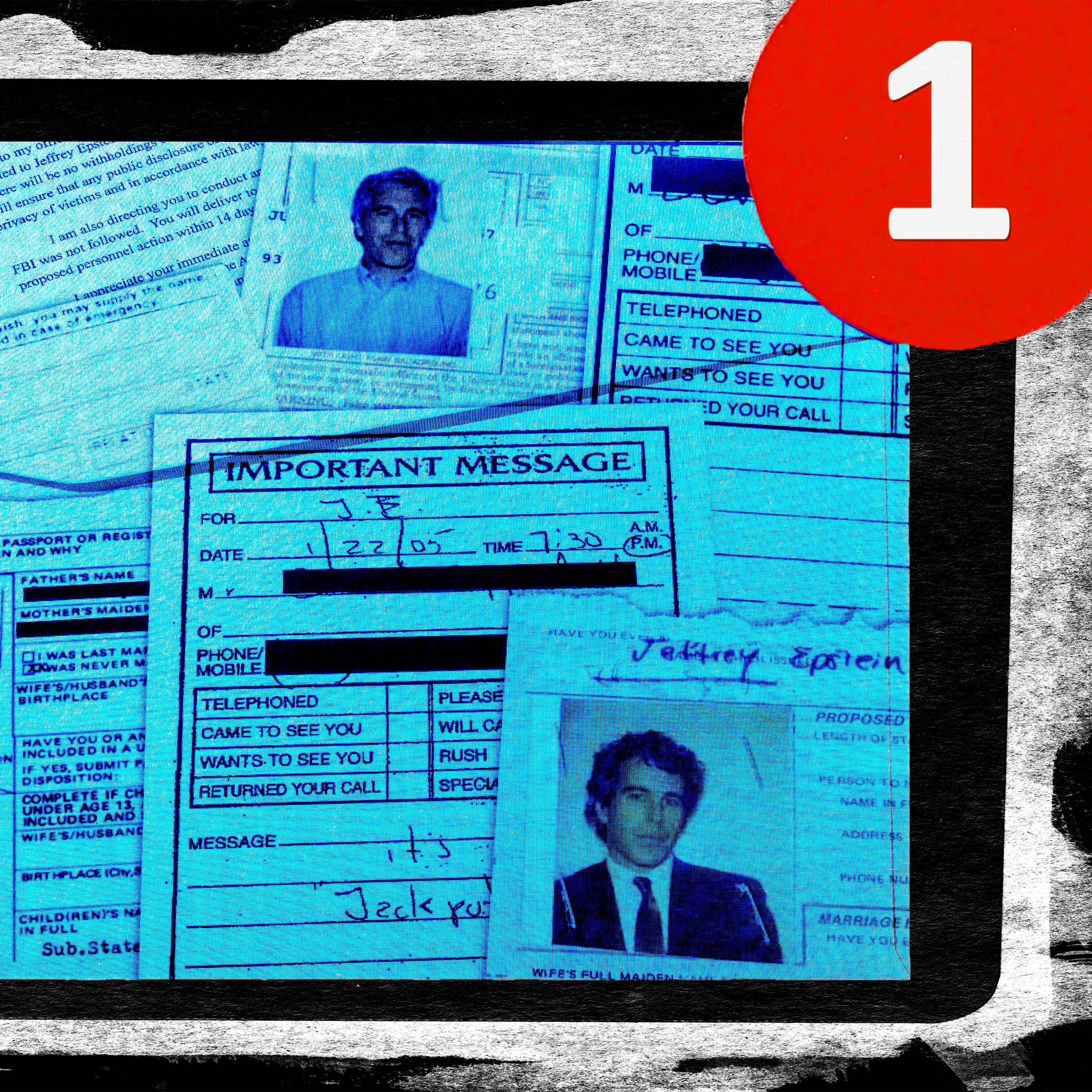‘SIM Farms’ Are a Spam Plague. A Giant One in New York Threatened US Infrastructure, Feds Say
SIM Farms...

SIM Farms Are a Spam Plague. A Giant One in New York Threatened US Infrastructure, Feds Say
Sim Farms are a growing problem that poses a serious threat to US infrastructure, according to federal authorities. These farms, often run by criminal organizations, generate thousands of spam messages and robocalls daily, causing widespread annoyance and potentially compromising sensitive information.
The largest of these SIM Farms was recently uncovered in New York, where authorities found massive servers dedicated to sending out millions of spam messages each day. This operation not only clogged up communication networks but also put critical infrastructure at risk.
The federal government has launched an investigation into the New York SIM Farm, aiming to dismantle the operation and hold those responsible accountable. Experts warn that these farms are becoming more sophisticated, making it harder to combat the spam epidemic.
Individuals and businesses are advised to be vigilant against spam messages and robocalls, as they could be used to extract personal information or spread malware. Additionally, authorities urge the public to report any suspicious activity related to SIM Farms to help combat this growing threat.
Efforts are being made to strengthen cybersecurity measures and improve communication networks to prevent future SIM Farms from endangering US infrastructure. It is crucial for all stakeholders to work together to tackle this issue and protect the country from the damaging effects of spam plagues.
As technology continues to advance, the battle against spam farms will require constant vigilance and innovative solutions. With the cooperation of law enforcement agencies, telecommunications companies, and the public, we can combat this threat and safeguard our digital infrastructure.






